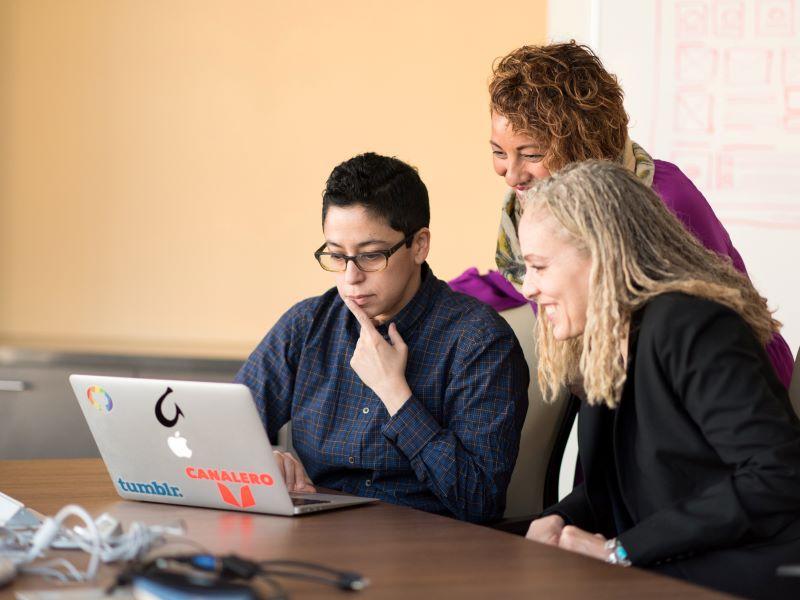
Embedding social impact considerations into business programmes
You may also like
Key Details
This video will cover:
00:40 Taking an inclusive approach to ensure all students are encouraged to engage with societal challenges as part of their course.
01:46 Identifying the right partners internally and externally.
03:03 Developing diverse ways through which students can engage with societal issues as part of their programme
Transcript
Hi, I’m Ridhima Aggarwal, associate director for the Stone Centre for the Study of Wealth Inequality and the Healthcare Management Initiative at INSEAD.
In today’s world it’s widely accepted that producing leaders with a deep understanding of how business and society are interlinked is core to the mission of business schools. But infusing this mindset and embedding social impact considerations into the curriculum can be a daunting task.
In reflecting on our own experiences, there are three key factors educators must pay attention to when designing programmes.
First, inclusion of all students is critical. Issues such as impact and sustainability cannot be relegated just to electives but rather must be part of the core curriculum all students experience. One way to do this is to take a core subject such as strategy and use this as a platform to expose students to some of the most pressing societal problems of our time.
We do this through what we call the Master Strategist Day, an experience the entire class of our 500 MBA students goes through as part of their core strategy course. Students work directly with a social impact organisation over an intensive day and a half to develop recommendations on tackling a real current strategic issue the organisation is facing. By working in teams and competing in front of a jury of faculty, industry experts, students are exposed and socialised to issues in a rich and a deep way that cannot be achieved through case studies and classroom discussions alone.
Secondly, the right partners must be identified both internally and externally.
Internally it’s about finding faculty and staff who are project champions and willing to push the boundaries of new approaches to teaching, and externally it’s about selecting organisations that are willing to engage and open themselves up to a deep multifaceted collaboration over the long term.
This can demand quite a bit of time, attention and transparency on the organisation’s part. But when it’s structured well and when the organisation and the school are both aligned in their vision for a longer-term partnership, the impact that can be generated is substantial.
For example, Unjani Clinics has empowered over 80 black women nurses to operate their own primary care clinics and MiracleFeet has treated over 57,000 children with clubfoot disease in 29 countries. Therefore it’s also important to identify organisations that have a clear, tangible and measurable strategy and with whom we can engage over multiple years, across many different channels.
And as a final point, creating a diversity of ways through which students can engage is very important for creating real and meaningful impact.
Collaboration over the long term beyond the Master Strategist Day experience allows students to engage in follow-on practicums and internships that place them on the ground with the partnering organisation.
Together these various channels build productively on one and another allowing business and society issues to be infused into the experience of thousands of business leaders and can help deliver a tangible impact to social organisations around the world.
So, to summarise, successfully infusing a social impact mindset in a business school setting requires: first, tight integration into the programme’s core curriculum; second, having internal faculty and staff champions who closely monitor the selection process for organisations with which the school engages; and finally, crafting a set of complementary activities that allow students to engage with organisations over time through a diverse range of channels and settings. Thank you.
Ridhima Aggarwal is associate director for the Stone Centre for the Study of Wealth Inequality and the Healthcare Management Initiative at INSEAD.


